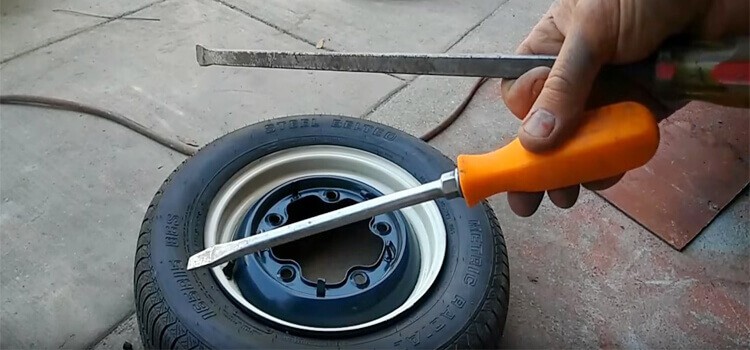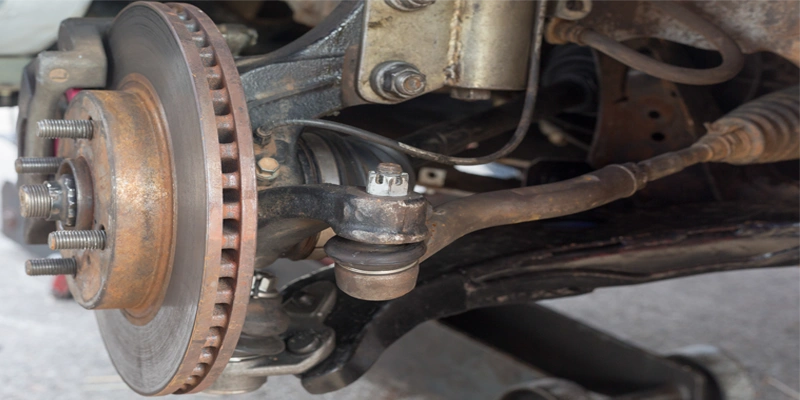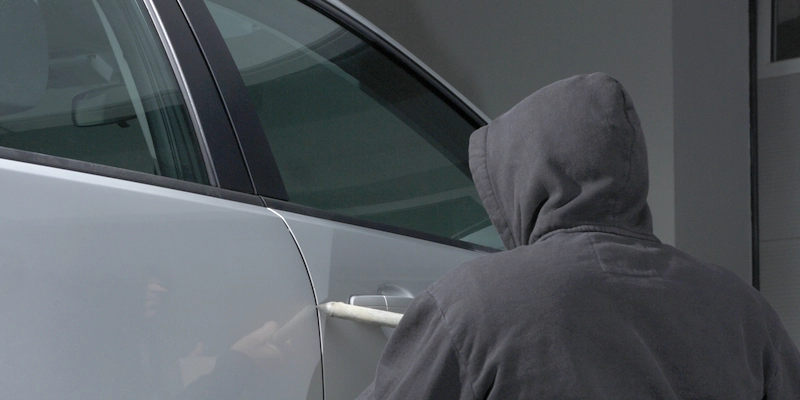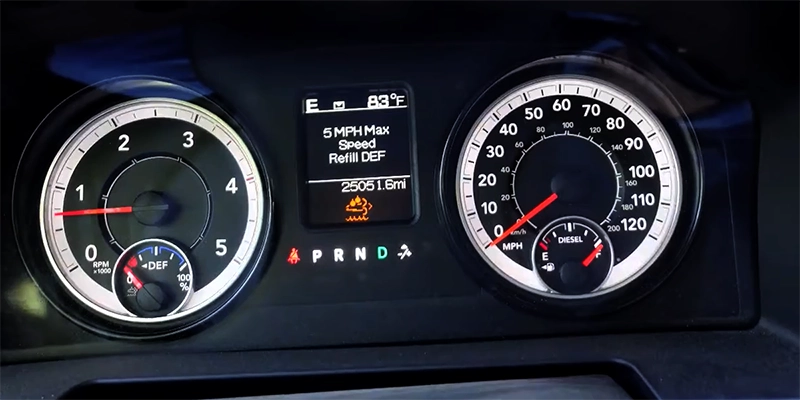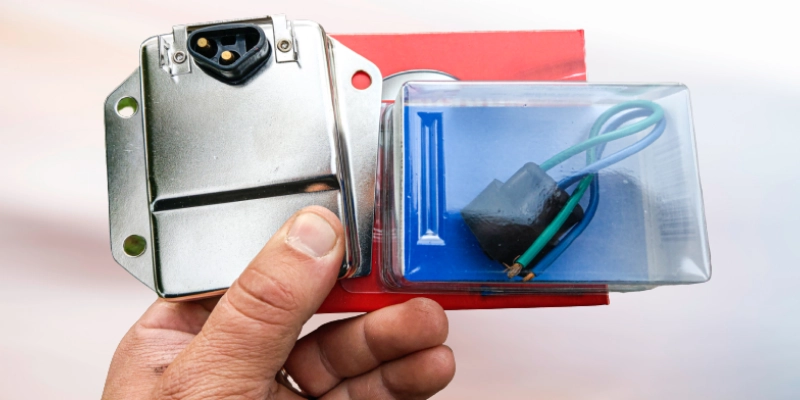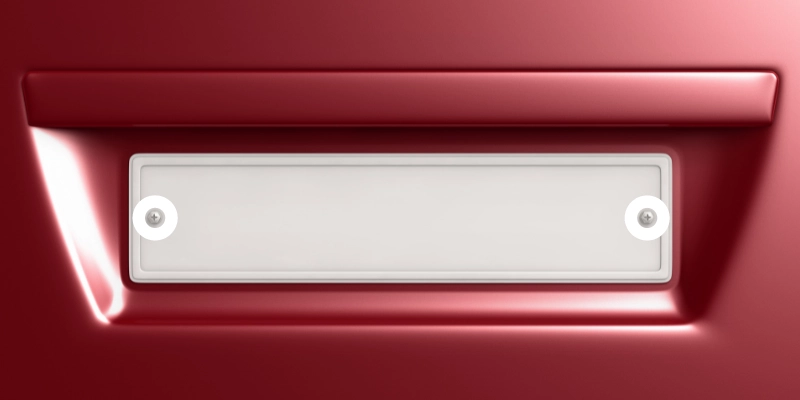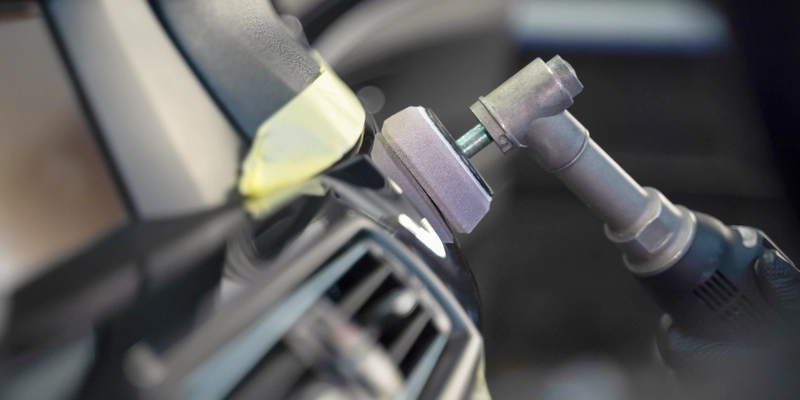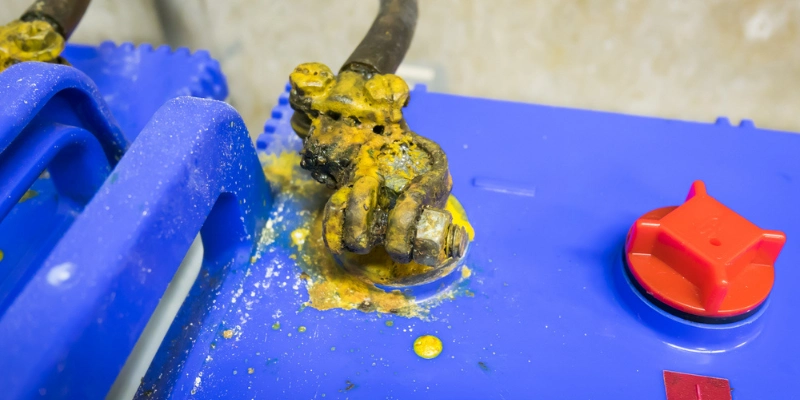Regularly check the battery’s fluid levels and clean the terminals to maintain your car’s battery properly. Ensure secure connections and test the charge periodically.
Maintaining your car’s battery ensures a longer lifespan and reliable performance. Car batteries are crucial for starting the engine and powering electrical systems. Neglecting battery maintenance can lead to unexpected breakdowns and costly replacements. Simple steps like checking fluid levels, cleaning terminals, and ensuring secure connections can prevent many issues.
Testing the battery’s charge regularly helps you catch problems early. By incorporating these practices into your routine, you can keep your car running smoothly and avoid inconvenient surprises. Proper battery maintenance is essential for vehicle longevity and safety.

Importance Of Battery Maintenance
Battery maintenance is crucial for your car’s performance. A well-maintained battery ensures smooth engine starts. It also powers lights, radio, and other electronics. Neglecting the battery can lead to unexpected breakdowns. Regular checks help avoid these issues.
Impact On Vehicle Performance
A healthy battery keeps your car running efficiently. Poor battery condition affects the engine’s performance. It also strains the alternator and starter. This can lead to costly repairs. Regular maintenance helps keep these parts in good shape.
Longevity Of The Battery
Maintaining the battery extends its life. Clean terminals prevent corrosion. Check electrolyte levels regularly. Keep the battery charged to avoid sulfation. Proper care can make your battery last longer. This saves you money in the long run.
Checking Battery Health
Look for corrosion on the battery terminals. Clean any dirt or grime around the battery. Check for leaks or cracks in the battery case. Make sure the battery cables are tightly connected. Inspect the battery case for any swelling.
Set your multimeter to DC voltage. Touch the red probe to the battery’s positive terminal. Touch the black probe to the negative terminal. A healthy battery should read 12.6 volts or higher. If the reading is below 12.4 volts, the battery might need a charge or replacement.
Cleaning Battery Terminals
You need a wrench, a wire brush, and baking soda. A pair of gloves and safety glasses are also useful. Keep a cup of water nearby too.
First, turn off the car. Open the hood and find the battery. Use the wrench to loosen the battery terminals. Remove the cables from the battery terminals.
Mix baking soda with water in a cup. Dip the wire brush into the mix. Scrub the battery terminals until clean. Dry the terminals with a clean cloth. Reattach the battery cables. Tighten them with the wrench.
Ensuring Proper Charging
The alternator helps charge the car battery. Check the alternator regularly. Ensure it works well. A bad alternator can drain the battery. Look for warning signs like dim lights. Strange sounds can also indicate issues. Get it checked by a professional.
Use a battery charger to keep the battery full. Connect the charger to the battery. Follow the charger’s instructions. Keep the charger in a safe place. Do not overcharge the battery. Overcharging can damage it. Check the battery’s charge level often.
Preventing Battery Drain
Short trips can drain your car’s battery quickly. The engine needs time to charge the battery. Make sure to drive for at least 15 minutes. This helps in keeping the battery charged. Plan longer trips whenever possible.
Always turn off lights and electronics when the car is off. Leaving them on can drain the battery. This includes headlights, interior lights, and radio. Make it a habit to check before leaving the car. This simple step can save your battery life.

Handling Extreme Temperatures
Cold weather can drain a car battery quickly. Batteries work harder in the cold. Starting a car in winter needs more power. Older batteries may fail. Check your battery before winter. Keep the battery clean and free from corrosion. Use a battery blanket if needed.
Hot weather can also harm a car battery. Heat speeds up the chemical reaction inside. This can shorten the battery life. Park your car in the shade. Check for any leaks or cracks. Keep the battery terminals clean. Ensure proper ventilation around the battery.
Replacing An Old Battery
Your car’s battery may be dying if it is slow to start. Another sign is dim headlights. Electronic devices may also perform poorly. The battery may have a rotten egg smell. Corrosion on the battery terminals is another sign. Always check for these warning signs.
Choose a battery with the correct size for your car. Check the cold cranking amps (CCA) rating. Ensure the battery has the right voltage. Look for a trusted brand. Make sure the battery has a good warranty. A higher reserve capacity is also beneficial. Always consult your car’s manual.
Professional Maintenance
Seek help if your car’s battery shows signs of damage. These signs include corrosion or swelling. A professional can test the battery’s charge. They can also check for any leaks. Frequent battery issues may need expert inspection. Trained mechanics can spot hidden problems.
Professionals offer detailed inspections. They use tools that can detect small issues. Regular services can extend your battery’s life. Mechanics can also clean connections. They ensure the battery stays in top shape. Trusting experts can save money in the long run.

Frequently Asked Questions
How Often Should I Check My Car’s Battery?
Check your car’s battery every three months. Regular inspections can prevent unexpected failures and prolong battery life. Look for corrosion and loose connections.
What Are Signs Of A Failing Car Battery?
Signs include slow engine crank, dim headlights, and a clicking sound when starting. If these occur, your battery may need replacement.
Can Extreme Weather Affect My Car’s Battery?
Yes, extreme temperatures can harm your battery. Cold weather reduces its capacity, while heat can cause fluid evaporation. Park in a garage if possible.
How Do I Clean Battery Terminals?
Disconnect the battery, then use a mixture of baking soda and water. Scrub the terminals with a brush to remove corrosion.
Conclusion
Properly maintaining your car’s battery ensures longevity and reliability. Regular checks, clean terminals, and secure connections are key. Avoid leaving electronics on when the engine is off. Store your car in moderate temperatures. Follow these tips, and your battery will serve you well for years to come.
 Skip to content
Skip to content
